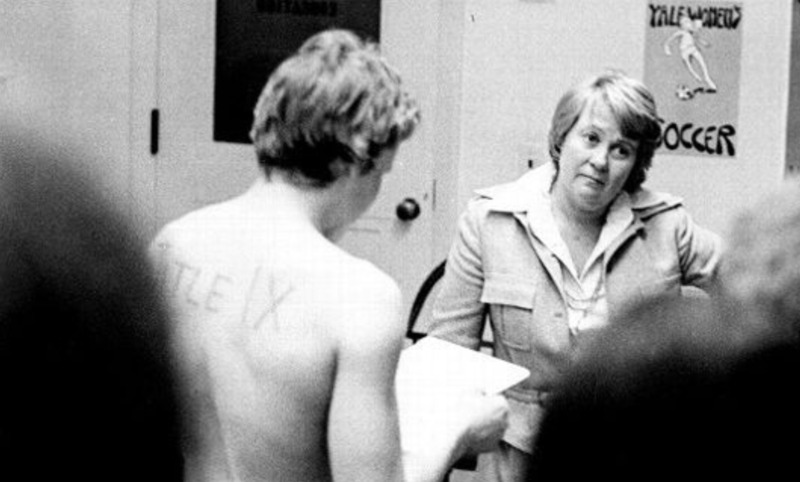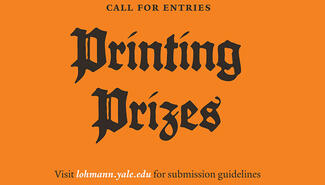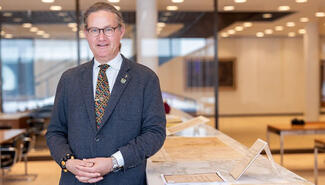Online exhibit documents triumphs and trials of Yale’s first women athletes
By 1979, a decade after the first women enrolled in Yale College, the University had 13 women’s varsity teams—but they received only a grudging fraction of the resources and support allotted to the men’s teams.
In 1976, for example, the Yale boathouse showers were reserved for the men’s varsity crew team, while the women’s team, including two Olympic rowers, had to shiver in damp clothing on their post-practice bus ride back to campus. Fed up, the women gathered at the office of the Women’s Athletic Director and stripped off their clothes to reveal the words “Title IX” written on their bare chests. With the Yale Daily News going to press and a New York Times reporter on the phone, the administration quickly came up with a temporary solution—a trailer with a water hookup—and began planning a $250,000 boathouse addition.
“It was shocking how much the first women had to overcome to get the smallest concession from Athletics,” says University Archivist Michael Lotstein. “Uniforms, coaches, equipment, locker rooms—everything was a massive struggle.”
The crew protest is just one of the stories told in Yale Library’s newest online exhibit, 50 Years of Women’s Varsity Athletics at Yale: A Historic Retrospective, curated by Lotstein with Associate University Archivist Jeanne Lowrey, Gracie Anderson, MA ’23, and Mahdere Yared ’25.
For Lowrey, who grew up in a time when women’s participation in athletics was expected, the project brought the past alive in new ways. “It was fascinating to see how the women’s teams were documented in the class book over time,” she says. “It highlighted a lot of the themes that emerged in the broader research—often by what wasn’t included—and by how the women were portrayed versus the men’s teams.”
Lowrey was particularly struck by “the level of often blatant sexism in the assumptions made and the language used to describe the situation. It’s one thing to abstractly know that this was the climate, but it’s another see it right in front of you in the records.”
For Anderson, who is pursuing a master’s degree in History, the archival materials revealed contrasts and connections between past and present. “Through this project, I’ve also observed the reverberations of similar conversations about gender equity in sports in our current moment, as professional women athletes continue to be underpaid and debates about ‘appropriate’ hormone balances and the inclusion of trans athletes surge on,” she says.
“Part of what we needed to do for this project was engage with gaps or silences in the archive, especially when intentionally trying to include the stories of women of color and queer people in this exhibit,” Anderson says. “Throughout this process, I was reminded of the importance of having diverse archival collections and drawing from more recent interviews and memories from people who were underrepresented in their contemporary moment.”
Along with the challenges for the first women, the exhibit shows the immense progress made in the women’s athletic program over the first half century of coeducation, and the leadership role of women athletes in winning greater equity.
“I was delighted by the tenacity of the athletes, and their determination to make something great in the face of so many obstacles,” Lowrey says. “I was also struck by how prescient the players were, advocating not only for improvements for themselves but for future generations of Yale women athletes, even when they had no way of knowing if that future was guaranteed.”
—by Patricia M. Carey
Image: Chris Ernst protest 1976, Department of Athletics, Yale University, Records (RU 507). Manuscripts and Archives, Yale University Library



